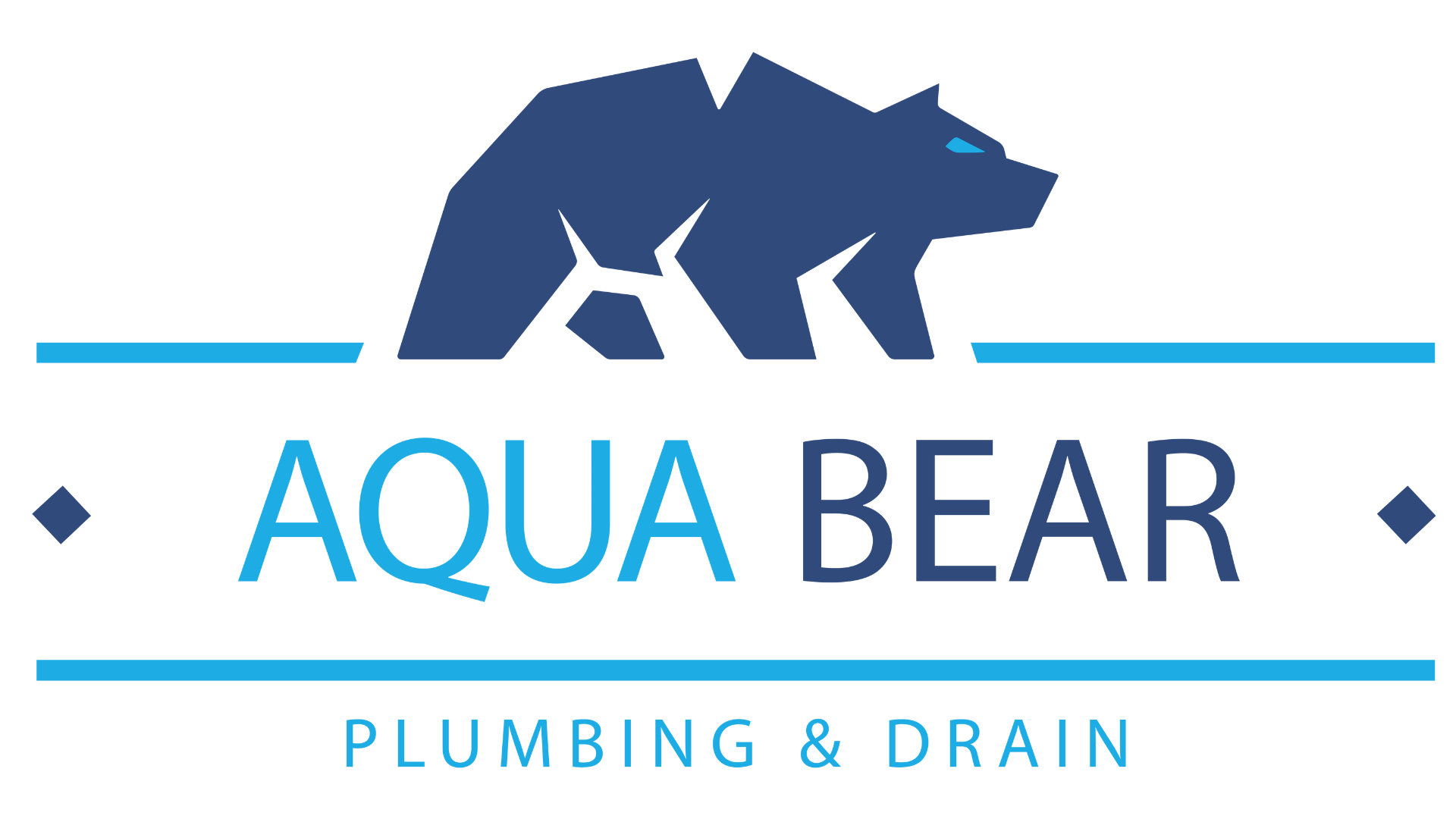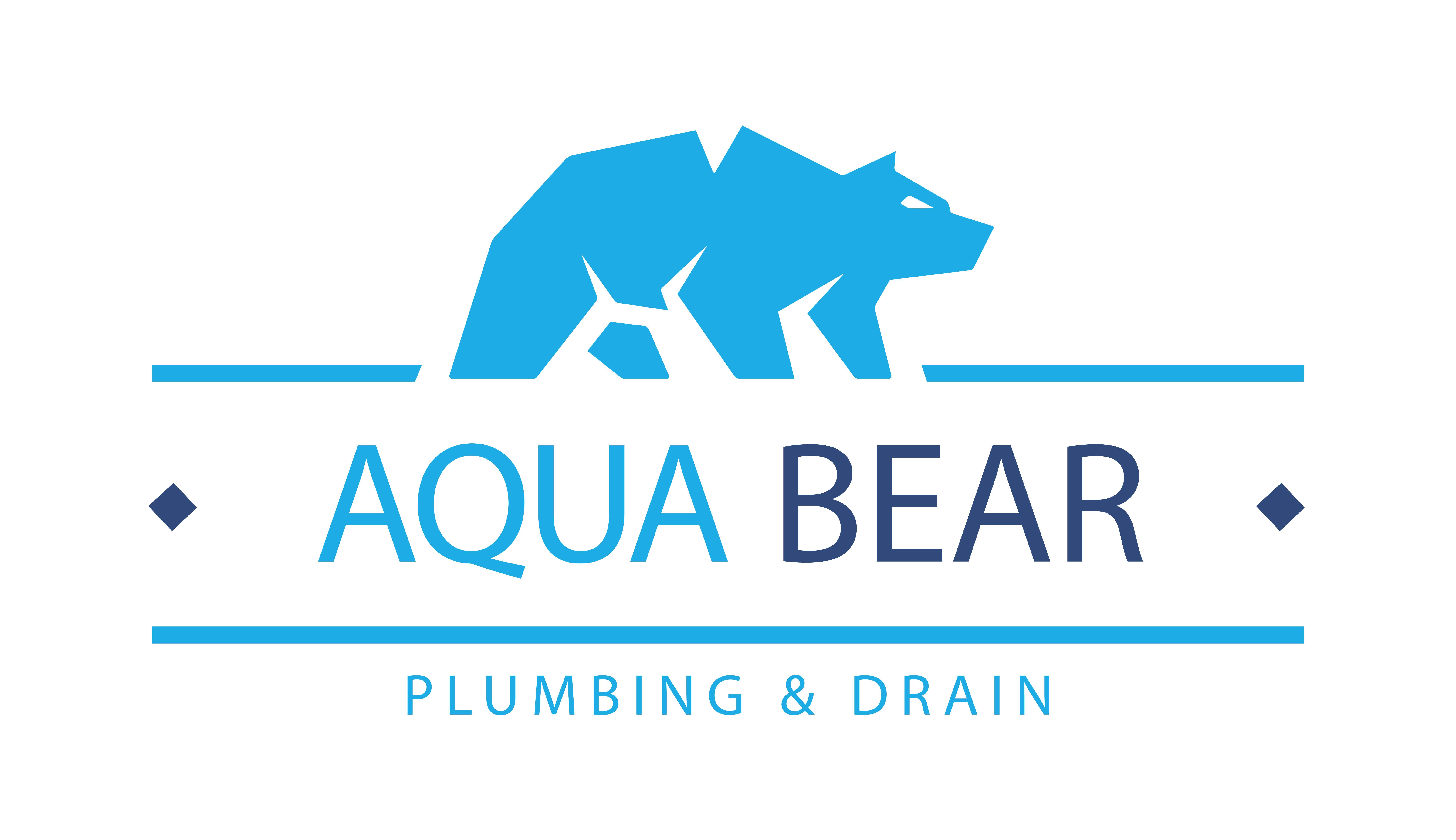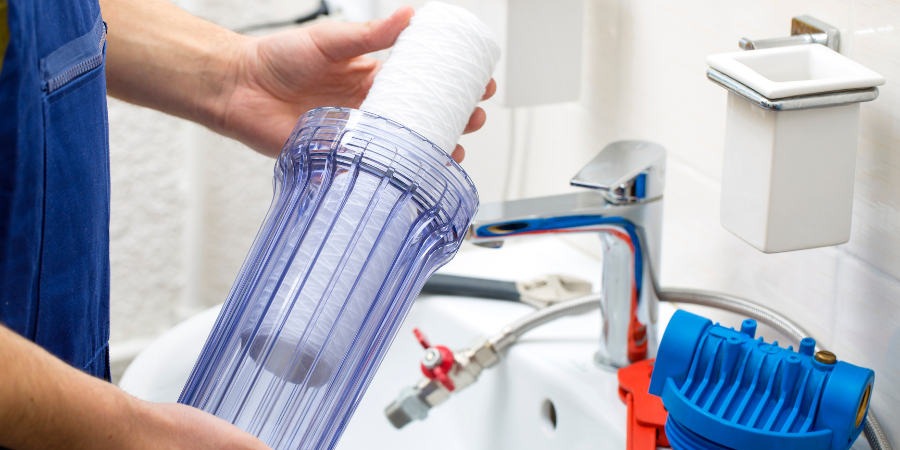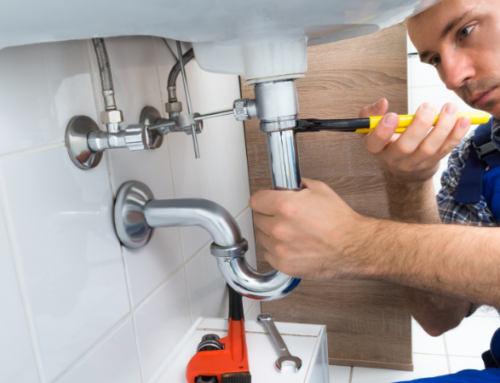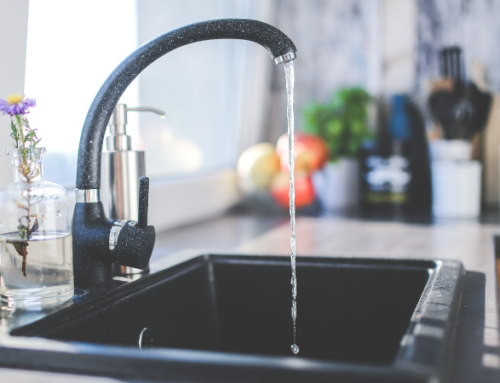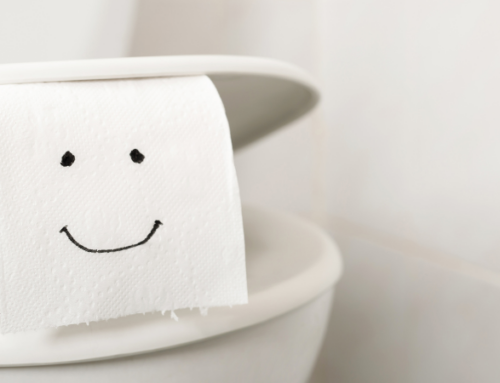What Is A Water Filtration System?
Water filtration systems are designed to remove contaminants from your water supply, enhancing its quality and safety. These systems work by passing water through various filters or media that capture and eliminate impurities. Understanding the basic operation of these systems is essential for choosing the right one for your home.
General Operation
Most water filtration systems function by directing water through one or more stages of filtration. Each stage targets specific contaminants, such as sediments, chemicals, or microorganisms, depending on the type of filter used. The filtered water then passes through to your taps, providing you with cleaner, healthier water.
Why Do You Need To Remove Anything From Your Water?
Removing impurities from your water is crucial for several reasons. Contaminants such as chlorine, heavy metals, and bacteria can affect the taste and odor of your water and pose health risks. By utilizing a filtration system, you can reduce these risks and improve the overall quality of your water, ensuring it is safe for consumption and use.
Types Of Water Filtration Systems
Luckily, there are options available to help improve the water supply for those suffering from poor water quality. Here, we will discuss the most popular types to help clear up any confusion you may have regarding water filtration systems.
Activated Carbon
Activated carbon filters are among the most common and cost-effective options for improving water quality. These filters use a bed of activated carbon to adsorb contaminants, removing substances like chlorine, volatile organic compounds (VOCs), and sediment.
How They Work
Activated carbon filters function through adsorption, where contaminants adhere to the surface of the carbon. As water flows through the filter, these impurities are captured, resulting in cleaner water.
What They Remove
Activated carbon is effective at removing chlorine, sediments, and some organic compounds that affect taste and odor. However, it is less effective at removing dissolved minerals and heavy metals.
Drawbacks
While activated carbon filters are excellent for improving taste and odor, they have limitations. They may not be suitable for removing all types of contaminants, such as fluoride or nitrates, and require regular replacement to maintain effectiveness.
Reverse Osmosis
Reverse osmosis (RO) systems provide a thorough filtration process by forcing water through a semi-permeable membrane that removes a broad range of contaminants.
How They Work
RO systems operate by applying pressure to push water through a membrane with very tiny pores. This process separates impurities from the clean water, which then passes through additional filters before reaching your tap.
What They Remove
RO systems effectively remove dissolved salts, heavy metals, and other contaminants. They provide some of the most comprehensive filtration available, making them ideal for those with concerns about a wide range of impurities.
Limitations
Despite their effectiveness, RO systems can be more complex and expensive to install and maintain. They also produce some wastewater during the filtration process and may require frequent maintenance.
UV Purifiers
Ultraviolet (UV) purifiers use UV light to kill microorganisms and pathogens, ensuring your water is free from bacteria, viruses, and other harmful organisms.
How They Work
UV purifiers expose water to UV light, which disrupts the DNA of microorganisms, rendering them unable to reproduce and cause illness. This method is effective for disinfecting water but does not remove chemical contaminants or sediments.
What They Remove
UV purifiers are highly effective at eliminating biological contaminants, such as bacteria and viruses. They do not, however, address chemical pollutants or particulate matter.
Drawbacks
UV purifiers require a reliable power source and regular maintenance to ensure the UV lamp remains effective. They also do not improve taste or odor or remove inorganic substances.
Water Softeners
Water softeners address hardness in water, which is caused by high levels of calcium and magnesium. By using ion exchange, these systems replace hard minerals with sodium or potassium ions.
How They Work
Water softeners operate by passing hard water through a resin bed that exchanges calcium and magnesium ions with sodium or potassium ions. This process reduces the hardness of the water, preventing scale buildup in pipes and appliances.
What They Remove
Water softeners are effective at removing hardness minerals, which can cause scale buildup and affect the performance of plumbing fixtures and appliances.
Drawbacks
While water softeners effectively reduce hardness, they do not address other contaminants. Additionally, the addition of sodium or potassium can affect those with dietary restrictions and may require regular salt replenishment.
Which Type Do I Need?
Prior to selecting a water filtration system, homeowners will be guided through the process of testing their water to determine what it contains and what will need to be removed.
Assessing Water Quality Through Testing
Before selecting a filtration system, it’s essential to test your water to identify the specific contaminants present. A professional water test can provide valuable information about your water quality, helping you choose a system. These tests can be conducted through a state-certified lab which is the preferred choice. Home testing kits can also be purchased although their reliability may be inferior.
Identify Your Needs
Understanding your specific needs involves identifying the contaminants you want to remove. For instance, if your primary concern is taste and odor, an activated carbon filter may suffice. If you need comprehensive purification, a reverse osmosis system might be more appropriate.
Professional Installation Is A Must
Many homeowners believe that installing water filtration is an easy DIY project but we disagree. Here are the reasons why.
Plumbing Knowledge
Proper installation of a water filtration system requires specialized plumbing knowledge to ensure it functions correctly and efficiently. A professional plumber can assess your home’s plumbing and install the system to meet local codes and standards.
Maintenance Requirements
Regular maintenance is crucial for keeping your filtration system in optimal working condition. This includes replacing filters, cleaning components, and inspecting the system for potential issues.
Avoid Common Issues
Common problems with filtration systems include low water pressure, bad taste or smell, and leaks. A professional plumber can address these issues promptly and effectively, ensuring your system provides reliable performance.
Looking To Improve The Quality Of Your Water?
Water filtration systems are essential for improving the quality and safety of your home’s water supply. By understanding the different types of systems, their benefits, and maintenance requirements, you can make an informed decision that best meets your needs. Regular maintenance and professional installation are key to ensuring your system operates efficiently and effectively.
For expert guidance on choosing and installing a water filtration system, look no further. At Aqua Bear Plumbing and Drain, we are here to help you navigate your options and ensure you get the best system for your home. Contact us today to learn more about how we can assist with your water filtration needs.
